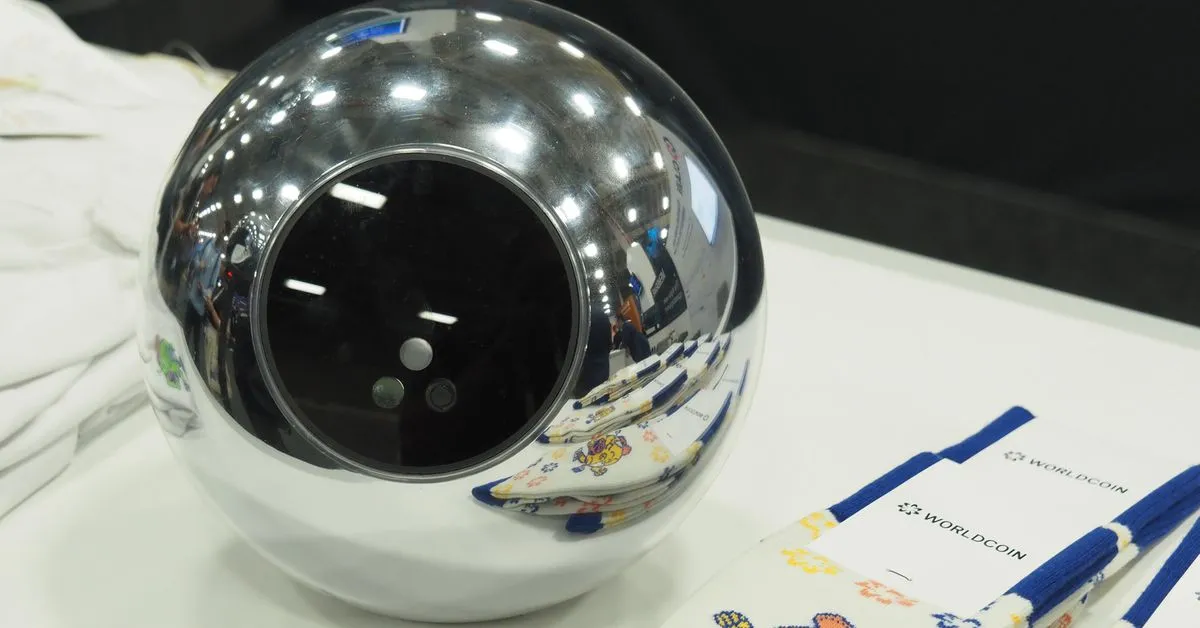The biometrics proof-of-human project Worldcoin, co-founded by Open AI founder Sam Altman, has elicited a lot of discussion since its mainnet went live on Monday. Within minutes of the launch, the token leapt more than 40% as 250,000 people who’d scanned their irises via one of Worldcoin’s silvery orbs received an airdropped token. “Some 2 million people worldwide have now signed up to be scanned,” Altman tweeted, “with this happening at a rate of one person every eight seconds.”
The project has both supporters and critics. Coinfund partner Jake Brukhman predicted Worldcoin would onboard billions of people into cryptocurrency, with the financial inclusion benefits that come with it. Ethereum founder Vitalik Buterin applauded Worldcoin’s commitment to privacy and the sophisticated technology it is using to protect people’s data, but highlighted “four major risks” with the project.
Money Reimagined writer Jeff Wilser visited Worldcoin’s offices in Berlin and delivered an in-depth feature about Worldcoin’s incubation and launch, including the nugget that the CEO had never held a job before helming this complex logistical and regulatory effort. David Z. Morris acknowledged the potential benefits of Worldcoin’s universal basic income (UBI) ambitions but warned of the dangers of a centralized entity gathering retina prints.
I kinda sit in the middle. Fears of a major breach of people’s biometric data and the threats that could pose to them are likely overblown. My concern is with the corporate centrality of it all and with the misaligned incentives it will foster. Why is UBI even the responsibility of a private company? Doesn’t that create uneasy dependency among its poorer recipients?
Every person deserves dignity in the digital age. Achieving that is going to require balancing reliable solutions that differentiate humans from machines with commitments to protect our privacy and our most essential personal data. Consider the example of AI bots creating extremely life-like female digital characters to appear in pornographic videos sold to OnlyFans patrons who think they are real performers. If performers can’t adequately prove that they’re human, what are their options?
